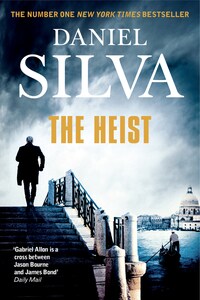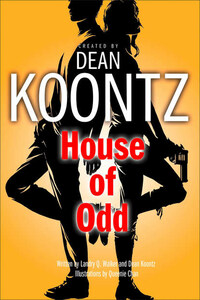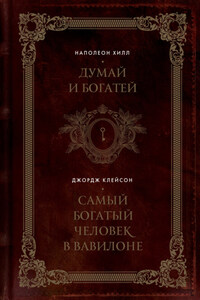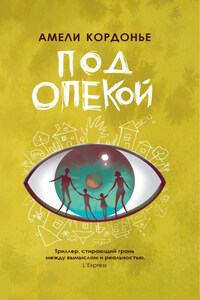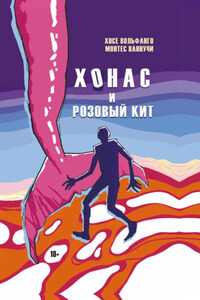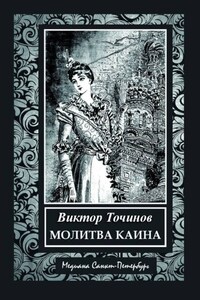DANIEL SILVA
The Fallen Angel
For Louis Toscano, who has been
there from the beginning. And,
as always, for my wife, Jamie, and
for my children, Lily and Nicholas.
I warn you against shedding blood,
indulging in it and making a habit of it,
for blood never sleeps.
SALADIN
Table of Contents
Title Page
Dedication
Epigraph
Maps
Part One: City of the Dead
1. Vatican City
2. Piazza di Spagna, Rome
3. The Sistine Chapel
4. St. Peter’s Basilica
5. Piazza di Spagna, Rome
6. Trastevere, Rome
7. Vatican City
8. Piazza di Spagna, Rome
9. Cerveteri, Italy
10. Piazza di Sant’Ignazio, Rome
11. Piazza di Sant’Ignazio, Rome
12. Villa Giulia, Rome
13. Apostolic Palace, Vatican City
14. The Vatican Gardens
15. Piazza di Spagna, Rome
16. The Via Veneto, Rome
Part Two: City of God
17. Ben Gurion Airport, Israel
18. Jerusalem
19. King Saul Boulevard, Tel Aviv
20. King Saul Boulevard, Tel Aviv
21. Rue de Miromesnil, Paris
22. Quai des Célestins, Paris
23. St. Moritz, Switzerland
24. St. Moritz, Switzerland
25. St. Moritz, Switzerland
26. Bern, Switzerland
27. Herndon, Virginia
28. Wannsee, Berlin
29. Berlin
30. Berlin
Part Three: The Well of Souls
31. Berlin–Northern Denmark
32. Kandestederne, Denmark
33. Vienna
34. Vienna
35. Vienna
36. Vienna–Tel Aviv–Vatican City
37. East Jerusalem
38. Vatican City
39. Vatican City–Jerusalem
40. Jerusalem
41. The Old City, Jerusalem
42. Tel Aviv–Jerusalem
43. The Old City, Jerusalem
44. Jerusalem
45. Jerusalem
46. The Temple Mount, Jerusalem
Part Four: Ego te Absolvo
47. Jerusalem
48. Jerusalem
49. Piazza di Sant’Ignazio, Rome
50. Vatican City
Author’s Note
Acknowledgments
About the Author
Also written by Daniel Silva
Copyright
About the Publisher
IT WAS NICCOLÒ MORETTI, CARETAKER of St. Peter’s Basilica, who made the discovery that started it all. The time was 6:24 a.m., but owing to a wholly innocent error of transcription, the Vatican’s first official statement incorrectly reported it as 6:42. It was one of numerous missteps, large and small, that would lead many to conclude the Holy See had something to hide, which was indeed the case. The Roman Catholic Church, said a noteworthy dissident, was but one scandal away from oblivion. The last thing His Holiness needed now was a dead body in the sacred heart of Christendom.
A scandal was the last thing Niccolò Moretti had been expecting to find that morning when he arrived at the Vatican one hour earlier than his usual time. Dressed in dark trousers and a knee-length gray coat, he was scarcely visible as he hurried across the darkened piazza toward the steps of the Basilica. Glancing to his right, he saw lights burning in the third-floor windows of the Apostolic Palace. His Holiness Pope Paul VII was already awake. Moretti wondered whether the Holy Father had slept at all. The Vatican was swirling with rumors he was suffering from a crippling bout of insomnia, that he spent most nights writing in his private study or walking alone in the gardens. The caretaker had seen it before. Eventually, they all lost the ability to sleep.
Moretti heard voices behind him and, turning, saw a pair of Curial priests materialize from the gloom. They were engaged in animated conversation and paid him no heed as they marched toward the Bronze Doors and melted once more into the shadows. The children of Rome called them bagarozzi—black beetles. Moretti had used the word once as a child and had been scolded by none other than Pope Pius XII. He’d never said it since. When one is chastised by the Vicar of Christ, he thought now, one rarely repeats the same offense.
He hiked up the steps of the Basilica and slipped into the portico. Five doors led into the nave. All were sealed except for the one at the far left, the Door of Death. In the opening stood Father Jacobo, an emaciated-looking Mexican cleric with strawlike gray hair. He stepped aside so Moretti could enter, then closed the door and lowered the heavy bar. “I’ll come back at seven to let in your men,” the priest said. “Be careful up there, Niccolò. You’re not as young as you used to be.”
The priest withdrew. Moretti dipped his fingers in holy water and made the sign of the cross before setting out up the center of the vast nave. Where others might have paused to gaze in awe, Moretti forged on with the familiarity of a man entering his own home. As chief of the sampietrini, the official caretakers of the Basilica, he had been coming to St. Peter’s six mornings a week for the past twenty-seven years. It was because of Moretti and his men that the Basilica glowed with heaven’s light while the other great churches of Europe seemed forever shrouded in darkness. Moretti considered himself not only a servant of the papacy but a partner in the enterprise. The popes were entrusted with the care of one billion Roman Catholic souls, but it was Niccolò Moretti who looked after the mighty Basilica that symbolized their earthly power. He knew every square inch of the building, from the peak of Michelangelo’s dome to the depths of the crypt—all forty-four altars, twenty-seven chapels, eight hundred columns, four hundred statues, and three hundred windows. He knew where it was cracked and where it leaked. He knew when it was feeling well and when it was in pain. The Basilica, when it spoke, whispered into the ear of Niccolò Moretti.

